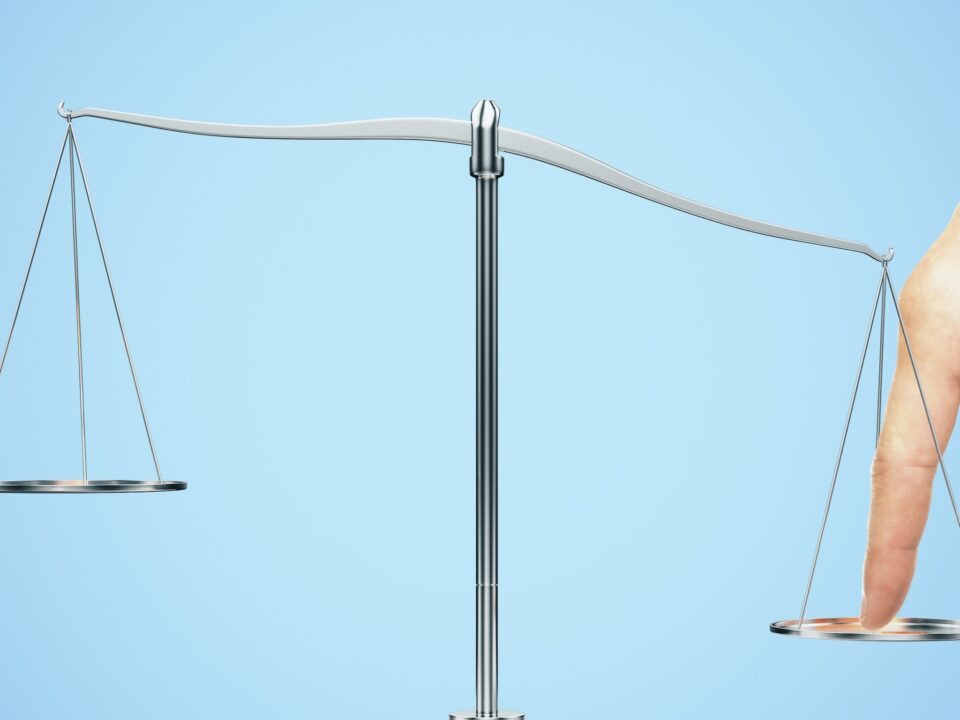IP Europe Celebrates World Intellectual Property Day 2023 and the Contribution of Women Inventors to Open Standards
Intellectual property (IP) is sometimes described as the secret ingredient that underlies all sorts of modern technologies. More poetically, it has been hailed as the magic that breathes life into everything from music, film and poetry to industrial design. Invisible to the naked eye, it is nevertheless absolutely essential to the arts, business, health care, and to bettering our overall quality of life.
Behind IP is the simple idea that people who contribute to the development of unique intellectual property should be protected for their contributions, be it by copyright, trademarks, industrial design protection and patents. These protect the inventors from plagiarists, copycats and other types of freeloaders who would otherwise use or abuse their creative contributions without having to pay anything to the IP’s owner. More broadly, it also helps protect the emergence of these contributions in the first place: If there is no societal recognition for creativity, why bother to do it in the first place?
On this World Intellectual Property Day 2023, IP Europe, a coalition of R&D-intensive organisations whose inventions are protected by patents, applauds the role of European women inventors and Europe’s role in the development of the open standards at the heart of modern electronic communications.
This year’s World IP Day celebrates Women and IP: Accelerating innovation and creativity, in recognition that women’s contributions to the arts, science and technology have historically been under-valued and under-recognised when compared with those of men. Women, including many unsung Europeans, have been instrumental in the development of the essential-yet-invisible inventions on which many of today’s most widespread and useful technologies are based. To cite just a few examples:
- Dr. Nicole Grobert, a German-British materials scientist, developed several key technologies for the production of carbon nanomaterials, including graphene and carbon nanotubes. Her work has helped enable new applications in fields such as electronics, energy storage, and biomedical engineering and is protected by several patents. She is Chair of the European Commission’s Group of Chief Scientific Advisors.
- Hedy Lamarr, an Austrian-American inventor and later actress, co-invented a frequency-hopping spread spectrum technology during World War II to help prevent enemy interception of radio-controlled torpedoes. This technology laid the foundation for modern Bluetooth and Wi-Fi networks, and Lamarr is now recognized as a pioneer in wireless communications.
- Dr. Ursula Keller, a Swiss physicist, developed several key technologies incorporated into standard essential patents, including a mode-locked semiconductor laser that has been widely used in telecommunications and medical applications. For this, she was recognised in 2018 for the European Inventor of the Year Award.
- Susana Fernandez, a Spanish telecommunications engineer, was one of the winners of Ericsson’s Inventor of the Year Awards in 2021. She served as its 3GPP working group chairperson and has worked on improving the quality of service for all users of 5G networks.
- Oana-Elena Barbu, a systems engineer from Romania, and Samantha Caporal del Barrio, a Spanish-French telecommunications engineer, are among many women engineers at Nokia who have contributed to recent patents in mobile telephony. All of these examples highlight the specific value of patents, including standard essential patents, in contributing to the development of new technologies.
Patents are essential to many of the technologies incorporated in the open standards that govern the development and deployment of successive generations of connectivity, including 3G, 4G and 5G. Just compare the improved quality and performance of your current mobile phone with that of your first—working better than ever due to the seamless interoperability of handsets, transmission towers and network communications, combined with encryption and error correction, that work beneath the surface. It is these functionalities that are made possible by technical standards with which mobile handset manufacturers had little, if anything, to do. Without cellular connectivity, even the newest, most cutting-edge smartphone would be little more than a fancy calculator, camera, music player and game console.
At IP Europe, we support both open standards and a robust IP system. These allow both companies and individuals to invest—and reinvest—in innovation with some expectation of fair compensation for the technical inventions they contributed. These inventions are usually the result of many years of collaboration in standards development organisations.
Open standards benefit companies big and small equally as they both can make immediate use of patented technologies that they didn’t develop on the basis of fair, reasonable and non-discriminatory (FRAND) tlicensing principles, without fear of excessive fees. Since many of these technologies and standards are “made in Europe”, this benefits Europe as a whole by enhancing its strategic autonomy and technological sovereignty, as well as benefiting consumers world-wide.
Without a robust IP system for open standards, incentives for investing in proprietary technologies would increase, which would have the effect of limiting interoperability for products around the world. This in turn would create barriers to market entry, concentrate market power in the hands of a few large global gatekeepers (most of which are not based in Europe), and raise costs for European consumers. On this World IP Day, Europe needs to defend the system that has enabled European inventors and companies to play a leadership role in the tech sector even as manufacturing of many products has moved to other shores. While Europe may struggle to claw back manufacturing that it has lost, Europe can keep the technology and standards leadership it still has by maintaining the rule of law and strong IP protection —invisible but essential ingredients for Europe’s success.




